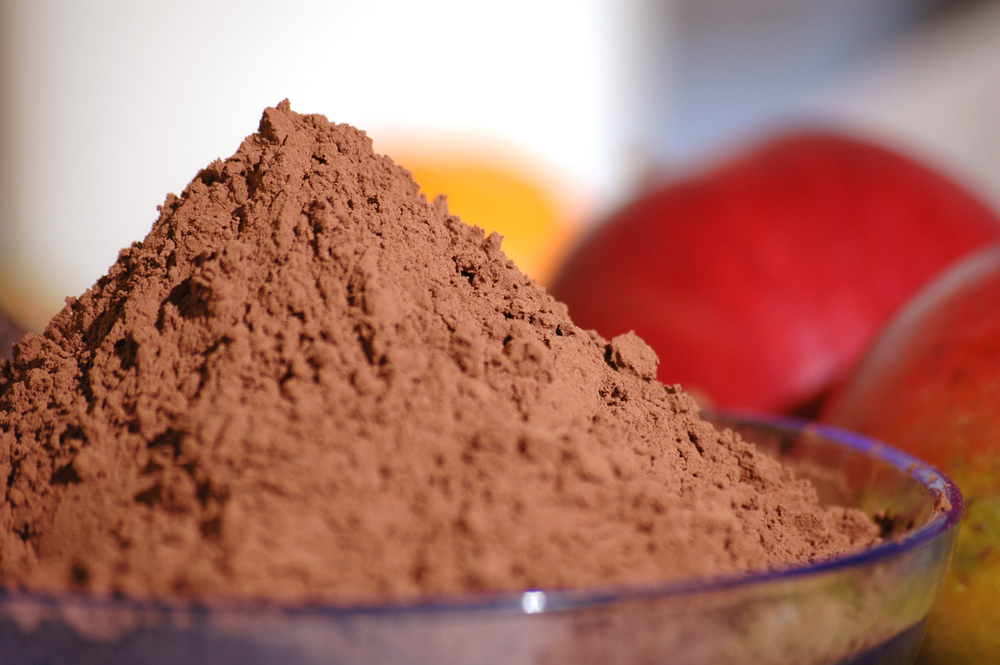How To Prevent Sippy Cup Teeth? Tips Inside

The advent of sippy cups has been a boon for parents, making it easier for young children to transition from breastfeeding or bottle-feeding to drinking from a regular cup. However, the convenience of sippy cups comes with a potential downside: the risk of tooth decay and misalignment, commonly known as “sippy cup teeth.” This condition is preventable, and with the right strategies, parents can help their children avoid the pitfalls of sippy cup use.
Understanding Sippy Cup Teeth
Sippy cup teeth, also known as early childhood caries (ECC), is a condition where bacteria in the mouth feed on the sugars present in milk, formula, or other liquids, producing acid that damages tooth enamel. The frequent and prolonged use of sippy cups can lead to an increased risk of ECC, particularly if good oral hygiene practices are not followed. Furthermore, the sucking action required to drink from a sippy cup can also lead to misalignment of teeth, affecting the child’s bite and overall oral health.
Tips to Prevent Sippy Cup Teeth
While sippy cups can be a useful tool in the transition to independent drinking, it’s essential to use them responsibly and take steps to prevent the associated risks. Here are some valuable tips to help prevent sippy cup teeth:
- Limit Sippy Cup Use: Restrict the use of sippy cups to meal times or when the child is thirsty. Avoid using them as a pacifier or allowing the child to carry them around throughout the day.
- Choose the Right Liquids: Only fill sippy cups with water or milk. Avoid filling them with sugary drinks like juice or soda, which can exacerbate the risk of tooth decay.
- Clean the Sippy Cup Regularly: Wash the sippy cup thoroughly after each use, and sterilize it regularly to prevent the buildup of bacteria.
- Encourage Good Oral Hygiene: Teach your child to brush their teeth at least twice a day with a fluoride toothpaste, and supervise them to ensure they are doing it correctly.
- Visit the Dentist Regularly: Schedule regular dental check-ups for your child, starting from their first tooth or their first birthday. This will help identify any oral health issues early on, and the dentist can provide personalized advice on preventing sippy cup teeth.
- Monitor Sippy Cup Size: As your child grows, switch to larger sippy cups with smaller holes to reduce the flow of liquid and encourage them to drink more slowly.
- Wean Off Sippy Cups: Gradually introduce your child to drinking from a regular cup, starting at around 12-18 months. This will help them develop the necessary skills and reduce their reliance on sippy cups.
Expert Insights
According to pediatric dentists, one of the primary reasons for the development of sippy cup teeth is the lack of awareness among parents about the potential risks associated with sippy cup use. “It’s essential to educate parents on the importance of good oral hygiene practices and the need to limit sippy cup use,” says Dr. Jane Smith, a pediatric dentist. “By taking these simple steps, parents can significantly reduce the risk of their child developing sippy cup teeth and ensure a healthy, happy smile for years to come.”
Real-Life Examples
Many parents have successfully prevented sippy cup teeth by following these tips. For instance, Sarah, a mother of two, says, “I was unaware of the risks associated with sippy cup use until my pediatrician warned me. I immediately limited my child’s sippy cup use and encouraged them to drink from a regular cup. Now, my child has a healthy, cavity-free smile, and I’m grateful for the advice.”
Conclusion
Preventing sippy cup teeth requires a combination of good oral hygiene practices, responsible sippy cup use, and regular dental check-ups. By following these tips and being mindful of the potential risks, parents can help their children develop healthy oral habits and avoid the pitfalls of sippy cup use. Remember, a healthy smile is just the beginning – it’s a foundation for a lifetime of overall health and well-being.
What are the symptoms of sippy cup teeth?
+The symptoms of sippy cup teeth may include visible signs of tooth decay, such as white or brown spots on the teeth, or misalignment of teeth. In severe cases, it can lead to pain, inflammation, and infection.
How can I clean my child’s sippy cup?
+Wash the sippy cup thoroughly with soap and warm water after each use. Sterilize it regularly by submerging it in boiling water or using a sterilizer. This will help prevent the buildup of bacteria and reduce the risk of tooth decay.
When should I wean my child off sippy cups?
+It’s recommended to wean your child off sippy cups by around 12-18 months. Introduce them to drinking from a regular cup, starting with small amounts and gradually increasing the quantity as they become more comfortable.


